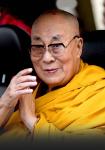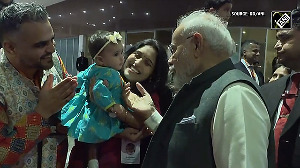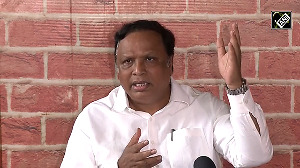Writer and activist Mahashweta Devi, who passed away after a prolonged illness on Thursday, authored more than a 100 novels and 20 collections of short stories. She was not only a celebrated writer but also firebrand social activist, who strongly raised voice against the industrial policy of West Bengal government.
Her prolific work had fetched her many awards, including the Sahitya Akademi in 1979, the Padma Shri in 1986, the Jnanpith in 1997 and the Padma Vibhushan in 2006.
Here are 10 things you need to know about her:

1.
Mahashweta Devi was born in 1926 in Dhaka and her family migrated to India after partition.
2.
Her parents were also writers. Her father was related to Kallol movement, one of the most influential literary movements in Bengali literature. Film-maker Ritwik Ghatak was her uncle.
3.
After completing her MA in English from Calcutta University, Devi married famous playwright Bijon Bhattacharya, one the founding fathers of Indian People's Theatre Association. Their son Nabarun Bhattacharya, also went on to become a writer. Devi divorced Bhattacharya in 1959.
4.
Her social activities involved working for the tribals of Bihar, Madhya Pradesh Chhattisgarh and Gujarat. She opposed acquisition of farmers' lands and selling it to corporates by the West Bengal government. She also edited a tribal magazine called Bartike.
5.
Her work in support of the Sabar tribe earned her the title ‘The Mother of the Sabars’.
6.
Her writings often depict the oppression of tribals and untouchables by upper-caste landlords and lenders. She used to say, ‘Real history is made by ordinary people’.
7.
Some of her most famous works are Jhansir Rani (1956), Hajar Churashir Maa (1975), Aranyer Adhikar (1977) and Rudaali (1993).
8.
She left her teaching career in 1984 to dedicate time to writing and activism.
9.
She had a deep respect for tribal life and culture. She would often say, 'The tribals are more civilised than us', highlighting the absence of the caste and dowry systems and discriminations in their society.
10.
Several of her works have been adapted in films like Hazaar Chaurasi Ki Maa, Sunghursh, Gangor, Rudaali and Maati Maay.











